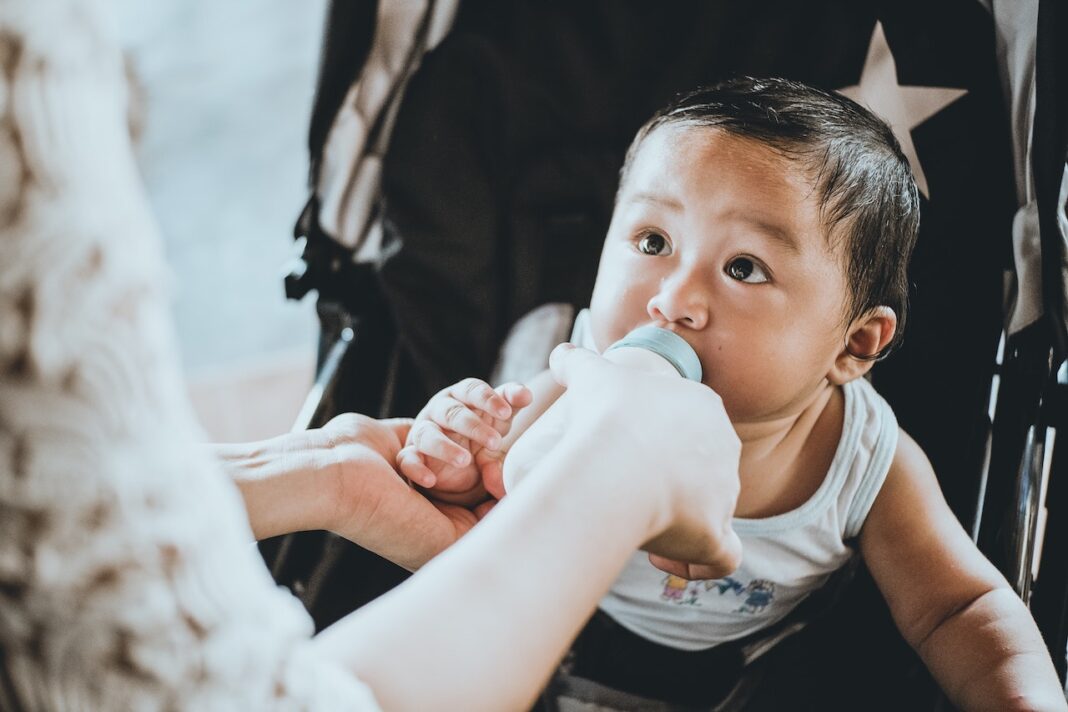Swedish water company Bluewater says a new study conducted by researchers at Dublin’s Trinity College reveals that babies are swallowing ‘millions of micro and nanoplastics every day’ from plastic containers.
The water purification company says these findings, published in the journal Nature Food, underline an ‘urgent need to get to grips with the issue of what toxins and pathogens from plastics are being ingested by humans and the potential health consequences’.
David Noble, PR and communications director for Bluewater, calls the evidence ‘deeply worrying’, noting that just one year ago the World Health Organization estimated that on average adults were consuming up to 600 million microplastics each day.
The study points to baby formula prepared in polypropylene bottles as a potential source of significant microplastic exposure and suggests an urgent assessment of the risk to infant health.
In a 2019 White Paper produced by Bluewater and Lisbon-based non-profit Mirpuri Foundation, it was concluded that plastic pollution of this nature posed the ‘number one threat to human kind’ because of how microplastics contribute to the release of Endocrine Disrupting Chemicals (EDC).
Dr Yvonne Mirpuri, medical expert on how human hormones are being disrupted by toxic chemicals, believes humankind ‘faces extinction within 200 years unless steps are urgently taken to reduce the use of synthetic plastics and the chemicals in them’.
Noble comments: “The evidence is now pretty overwhelming that micro and nano plastics contaminate the food we eat, the air we breathe and the water we drink. The latest research by Trinity College is a wake-up call that shows food and liquid preparation in plastic containers may lead to exposure thousands of times higher than previously thought. For the sake of future generations, we urgently need health studies into the implications of such plastics exposure.”











